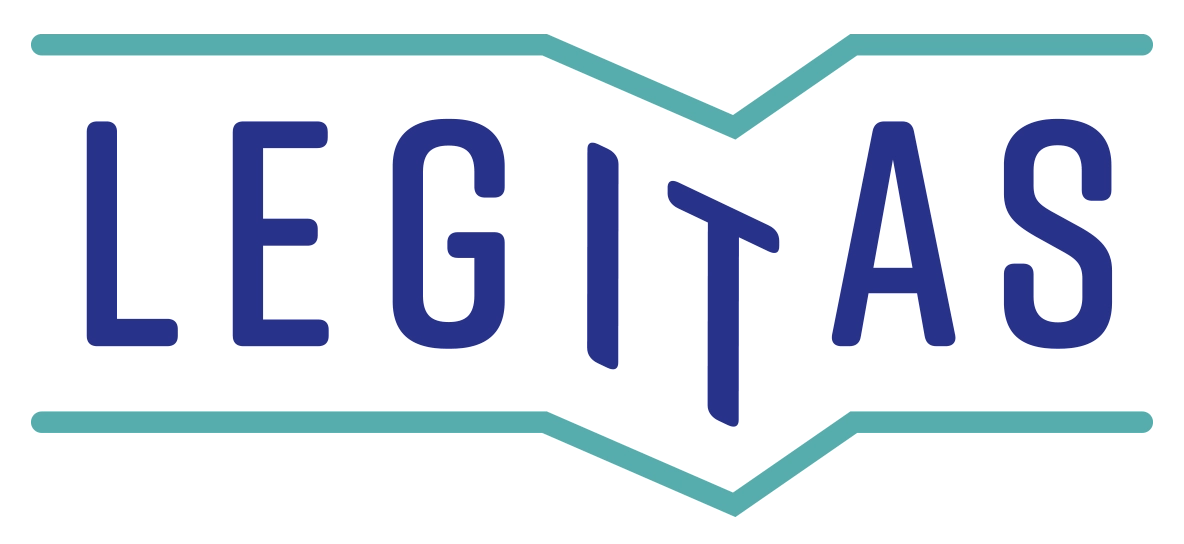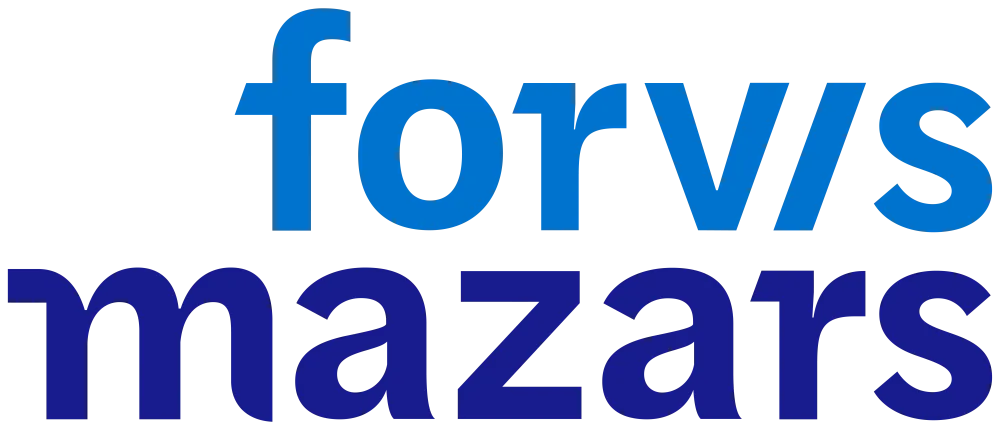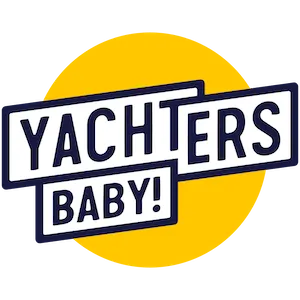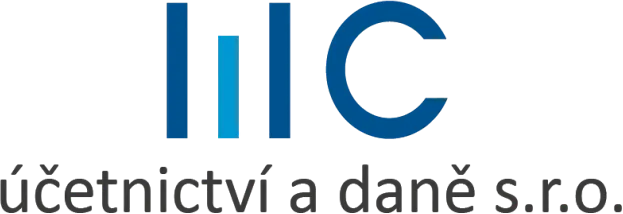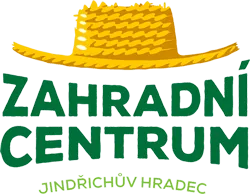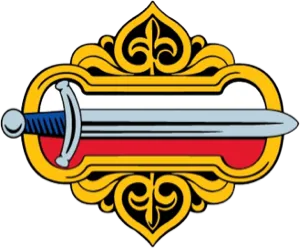Published:
We match athletes with opponents for squash, badminton, tennis, ping-pong or beach volleyball. We motivate them to play regularly and improve their performance. We create a sports community of people with similar interests.
Flexiliga was formed in 2007 from the need of its founder (Tomas Reinberger) to meet new opponents at university. Now we also organize running races, tournaments and multi-day sports events. We have also recently launched a similar league for sports called the Gaming League (FIFA, NHL, NBA 2K).
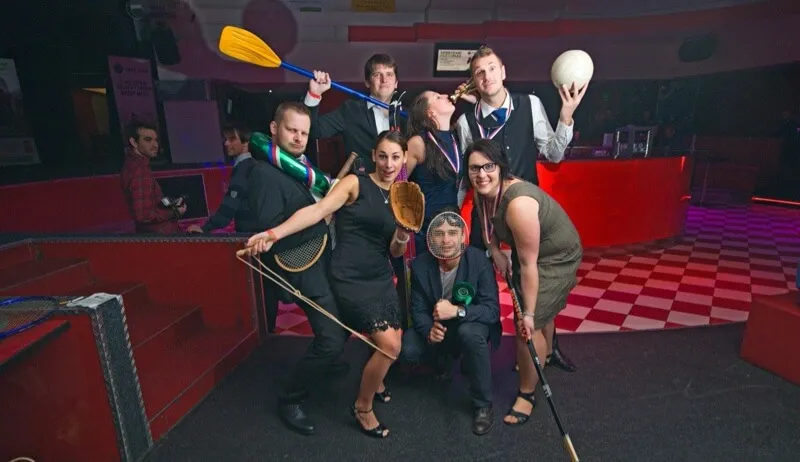
We now want to expand our activities abroad. We launched Flexiliga in Poland last year and want to start in Vienna and London since autumn. We figure abroad under the name Flexiliga and in the Czech Republic under the name Vaše liga. Then we want to try to penetrate more cities in the future, so this is probably our biggest challenge now.
An important milestone for us was the expansion to other cities outside Prague, the addition of other sports (badminton, tennis, ping-pong and beach volleyball), and opening of the Flexiliga to other people than university students in 2012. Important for us was also the launch of our current website in 2018, which allows us to easily expand abroad and it is a possibility to improve the website and the whole Flexiliga.
For the creation and larger modifications of the website, we rather deal with the importance of the given task. And it all happens in Freelo. From assigning a task that may arise after testing new functions.
Our website, where we list events and actually organize the whole Flexiliga. E-mail and telephone for communication with players and participants of our events. Freelo for coordinating work on the web and Whatsapp for fast team communication, because we are not together in the office.
We work on a business basis, so everyone solves their personal productivity and their tasks in their own way. Someone uses a calendar, someone a Todoist application and someone just a notebook and a pencil.
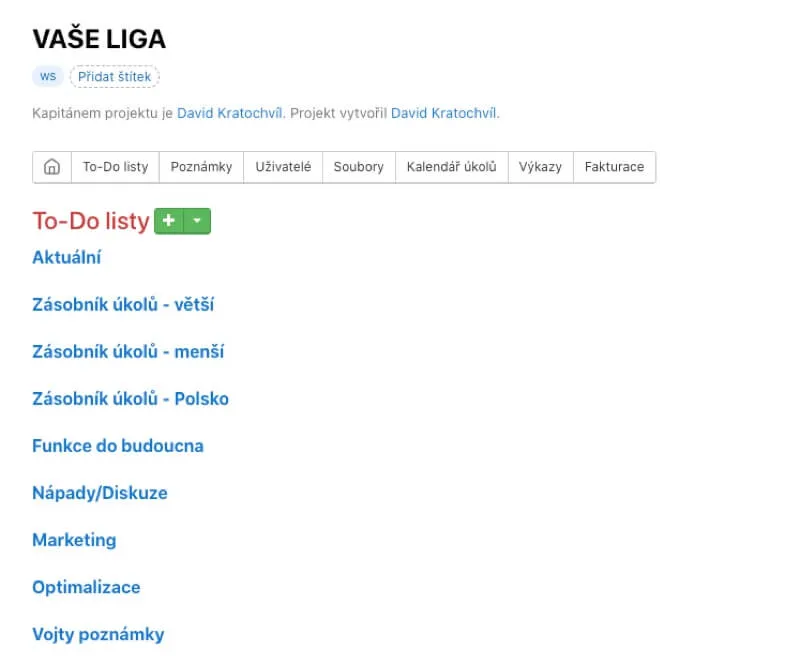
Our smallest team in the Czech Republic has 5 members and everyone works wherever wants, so we have no common offices and we are almost a virtual company. In addition, we cooperate with programmers, marketers, graphic designers, organizers of some local tournaments, we have one organizer of Flexiliga in Poland and two new colleagues are preparing a new expansion for us. Sometimes someone from the team works abroad. At one point, we had a programmer in Ecuador, part of a team in Madeira, and a PPC campaign manager in Canada. So there are a lot of locations and it's quite changing 😀
Freelo for scheduling work on the web. Otherwise e-mail, checklists, shared calendar for planning on social networks and newsletters. We also have weekly meetings via Google Hangouts.
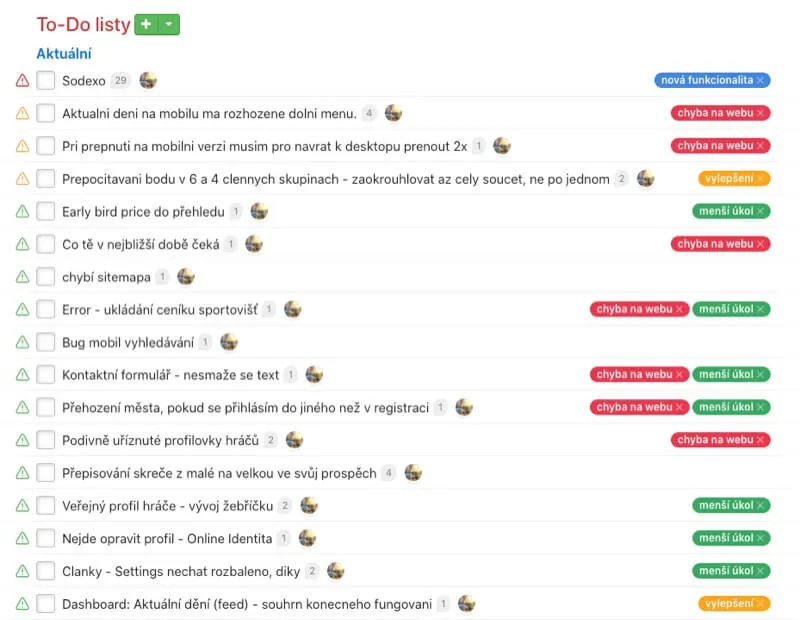
We do not work together in person so often, so it's up to each individual. There is also space in common Hangouts for personal topics, not just work. But that's the intention, because we see each other from 60 to 90 minutes a week. Sometimes we have to be careful not to deal with things that don't need to be dealt with in real time after a common Whatsapp, but we're doing quite well. And everyone has a different time when they work, so it's also good to think about it.

For larger campaigns, which we have three times a year, we use a schedule, a checklist that we always prepare together in advance . And then everyone does their part of the campaign and we coordinate it together in a weekly meeting to do everything we planned.
For creating and editing a website, we tend to go according to the importance of the task. And it all happens in Freelo. From assigning a task that may arise and a discussion to testing new features. If something needs to be done by a certain date, we also use deadlines, but we rather try to prioritize it and work on it gradually.
Sometimes we have to be careful not to deal with things that do not need to be done in real time.
By not seeing ourselves in person so often, some misunderstanding can arise. Then it is the best to see ourselves in person or call and discuss things if needed. This is the risk that we work remotely, but it also has its advantages e.g. we don't annoy each other :) Anyway, we try to meet every few months and it's always half working and half personal.
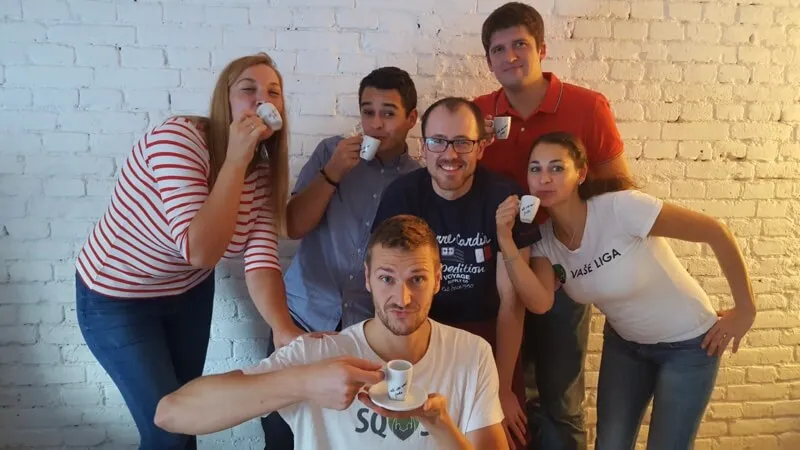
The biggest challenge is working with people. Especially communication with players when, for example, they have a problem or a conflict with each other, which we have to solve remotely and we don't even know them personally.
Another problem is non-communicating players who do not respond to opponents. Which is not pleasant for anyone. We are trying to work on it. We have a negotiating tool on the web, where we work with non-communicators. But there is still room for improvement.
If something goes wrong or we make a mistake, openness helps us a lot. We try to admit it and then prevent its repetition.
It's not a huge fuck up, but I'll probably give an example from running races, which shows the style of our problem solving. It happened that our first half marathon was a few meters shorter due to a mistake in marking the track. It may seem like a no big deal at 21 km, but it is very important for runners and a few of us pointed out the possibility of this mistake after the race. So we checked and re-measured everything the next day and then revealed the cards, wrote an article about how this human mistake arose, and the runners accepted it better than if we tried to cover it up and blame it, for example, on the inaccuracy of GPS. So openness helps us a lot if something goes wrong or we make a mistake. We try to admit it and then prevent its repetition.
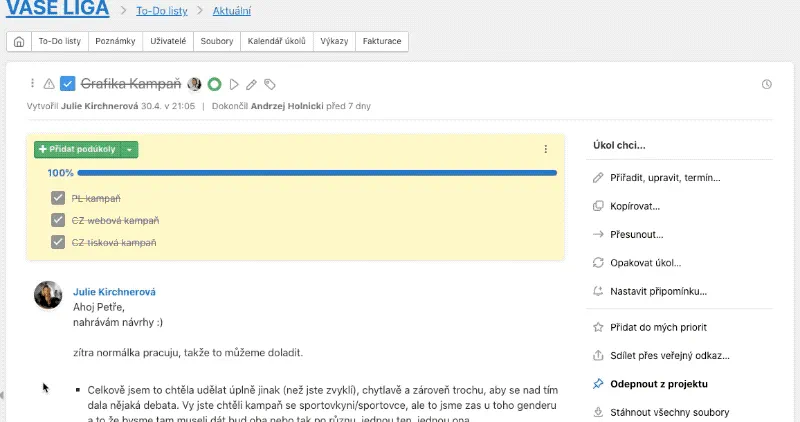
By working on a business basis, we rely on everyone doing their job and productivity is up to each of us. We have no fixed working hours, so the sooner everyone completes their tasks, the more time they have for other activities. We used to deal with it by educating people, but now sometimes we just share tips on what works for whom and everyone already has their own system. Since our smallest team in the Czech Republic has been together for 8 years, we know what we can expect from whom.
Now we are expecting challenge in expansion of the team abroad, but once again, we want to work on a business basis and thus rely mainly on the fact that everyone will deal with it responsibly, so that they feel good about it and move towards the same goal like us. At the same time, we want to do it effectively so that we don't spend too much time on it .
The biggest challenge is working with people. Especially communication with players when, for example, they have a problem or a conflict with each other, which we have to solve remotely and we don't even know them personally.
It has several phases and it depends on how closely we work together. If there is a new member of the team that we are currently teaching for a work abroad, then we go through all the tasks with them. Then we take a closer look with them for the first season and say them what is good to work on. Then it is mainly on them.
If it is just the organizer of local tournaments and we do not need to fully involve him in the functioning of the whole team, each of us in the team solves it individually, but we have created a simple manual for them, which we use.
We usually throw them straight into the water with Freelo, which we use for anything connected with the web, and they will soon start swimming. It's very intuitive, so you don't need to direct them so often.
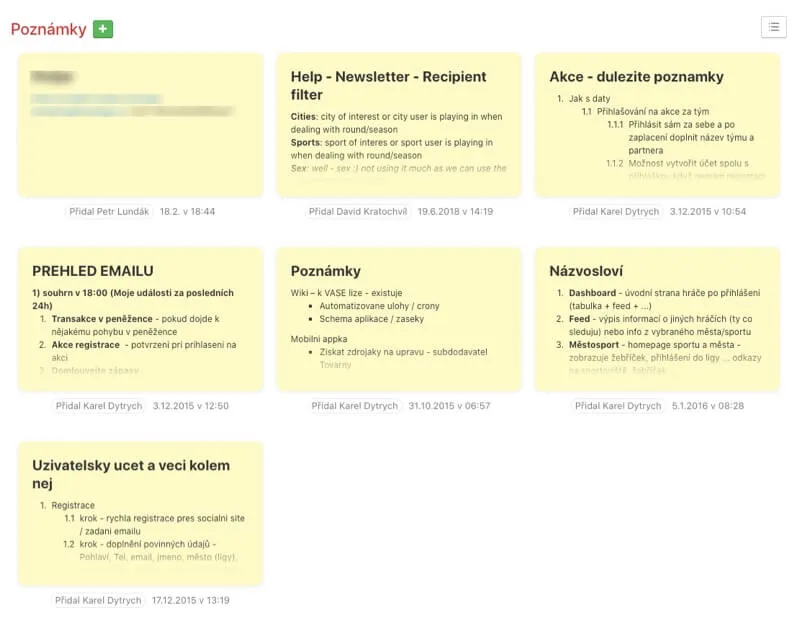
We prefer to prioritize so we know what to work on and where to place the next task. And we also use labels that help us in a certain categorization of tasks, so that, for example, a programmer can start with some smaller tasks when he has time left. Or we've seen in retrospect what new features we've added over time. But mostly we use basic functions like to-do lists, assignment of tasks, subtasks, etc.
We have set a rule that whatever is about the web, we put into Freelo, which minimizes a lot of e-mail communication and it's all clearly in one place.
We usually throw them straight into the water with Freelo, which we use for anything connected with the web, and they will soon start swimming. It's very intuitive, so you don't need to direct them so often.
We use Freelo primarily for everything around our website. In fact, the process of creating a new website, which we launched 2 years ago, has been running in Freelo since the beginning. And whatever needs to be edited plus new ideas we solve in Freelo.
When we have a new idea for the web, it heads here, then a discussion is formed around us, which we can complete online or possibly in person when it's something bigger. And then there is the task, which we prioritize and add to the list of tasks for programmers.
In Freelo, we also have a checklist of what needs to be done when launching a new version for abroad or, for example, a new project such as Gaming League. So whatever the web is about, it's in Freelo.
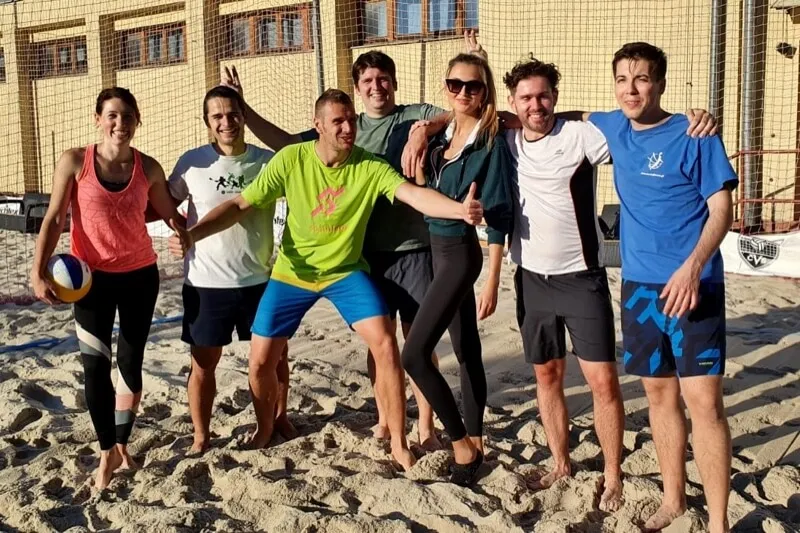
Sometimes it is a little bit challenging to look for old tasks by searching in the text when I need to find something. But maybe we need to work on task's names 😀
Order, clarity, priorities.
Thank you and bye sport! 😀



